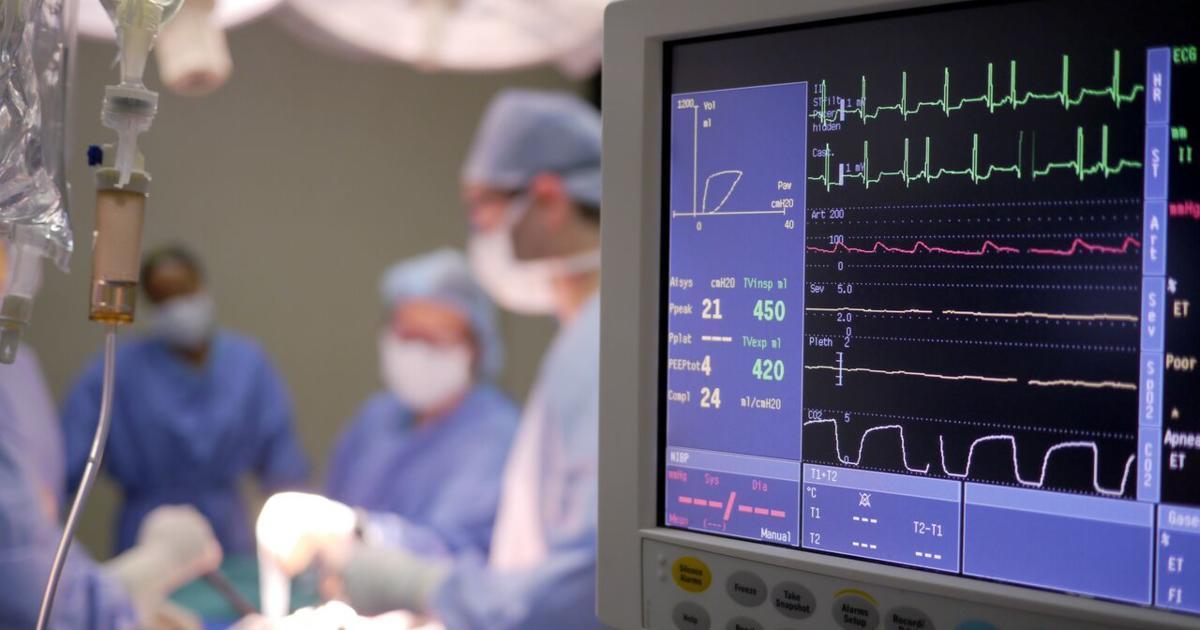How Heart Valve Problems Are Treated
Heart Valve Surgery

Heart valve surgery can be used to prevent future complications of heart valve diseases and improve the quality of life for patients. Sometimes, doctors may recommend it even if patients are not yet experiencing symptoms from their condition, and it may be needed at other times if heart valve disease has progressed. The exact type of heart valve surgery used will depend on the patient's diagnosis. Some types include valve replacement and valve repair. In valve replacement, a damaged valve is replaced with one from a cow or pig, though some replacements may be made from human heart tissue. The valves are treated before they are inserted so patients will not need to take anti-rejection medication. Heart valve repair may involve reshaping heart tissue to enable valves to close tightly, patching holes or leaky areas of valves with added tissue, and separating valves that have stuck together.
Heart valve procedures are performed under general anesthesia. Traditional types of these surgeries require large incisions, and patients often need to stay in the hospital for up to five days following the procedure. The average recovery time with these operations is between six to eight weeks. Newer surgical methods enable doctors to use smaller incisions and require as little as three days in the hospital after surgery. Recovery from the newer operations takes approximately two to four weeks. Newer procedures may not be an option for all patients, and doctors will discuss the most effective surgical procedures for each patient's general health and specific heart condition.
Learn about more methods of treating heart valve problems now.